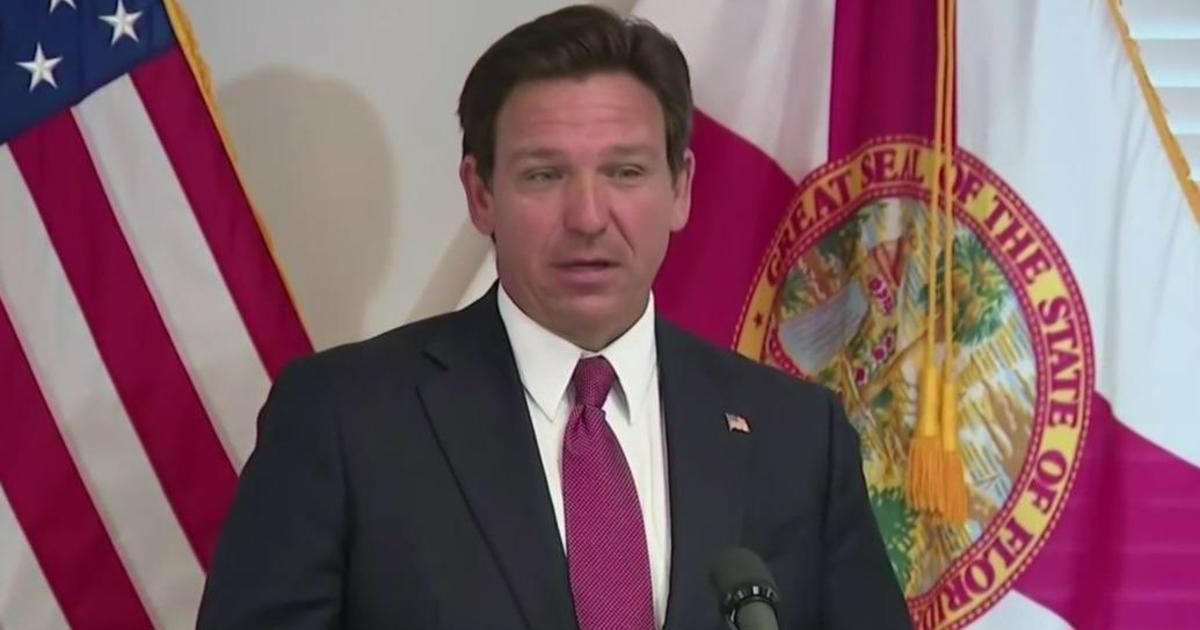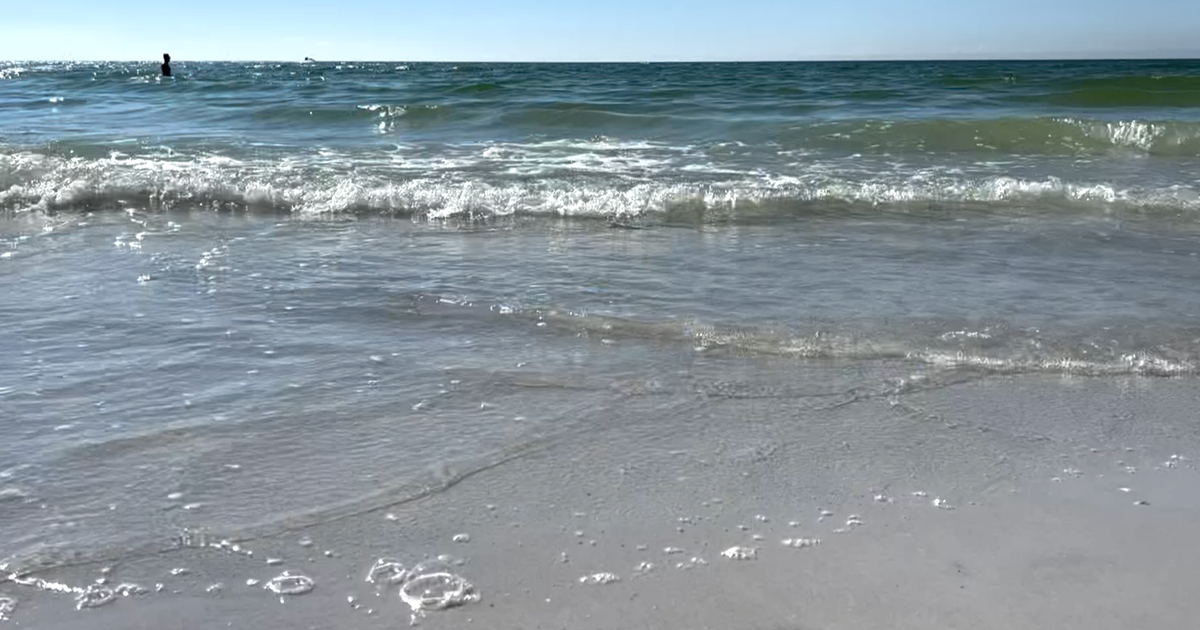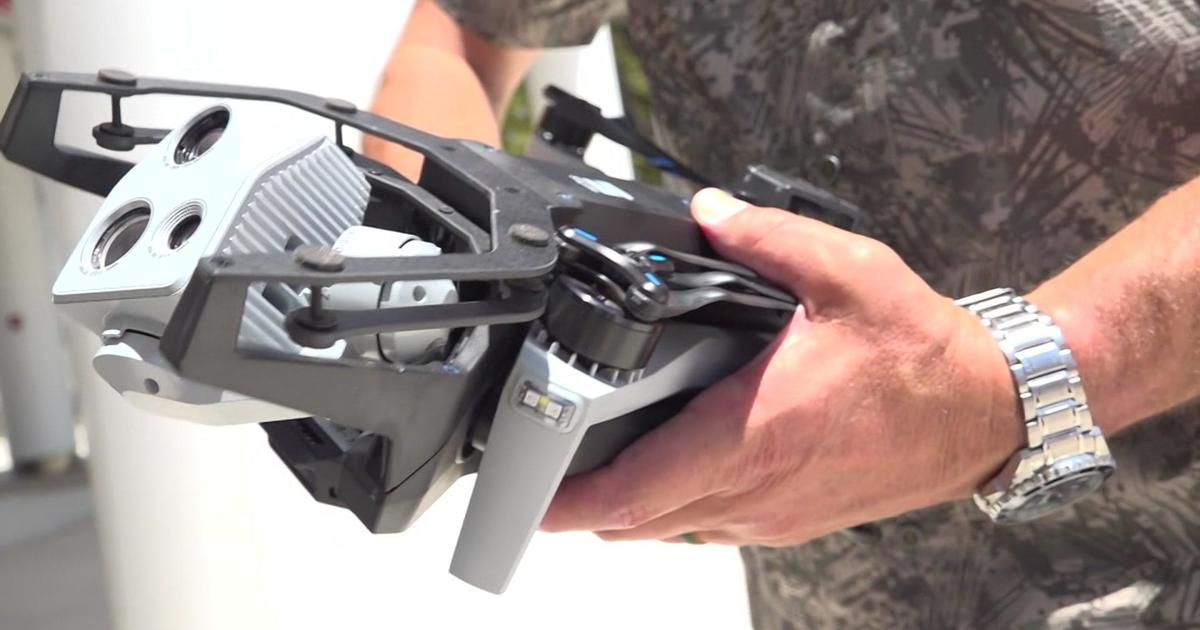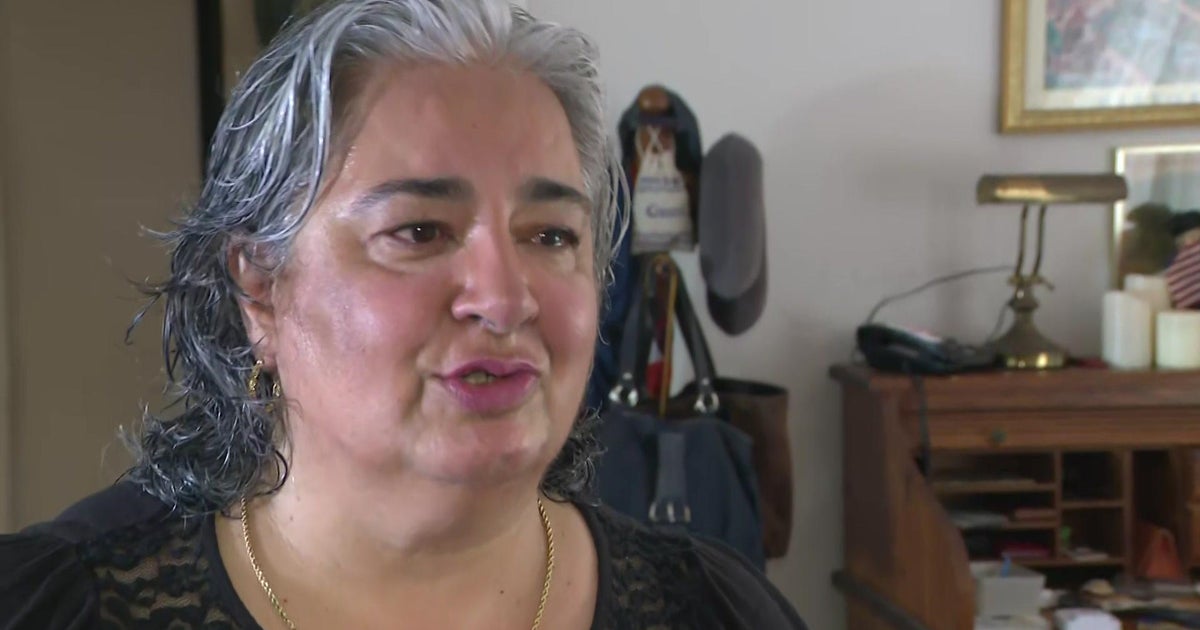Legislature Moving On Criminal, Justice System Reforms
TALLAHASSEE (CBS4) - The Republican mantra of get tough on criminals gave way slightly this year to measures aimed at helping some criminals and ex-offenders break the cycle of crime while saving the state money.
"The stars are aligned on this one," said Jim McDonough, former secretary of the Florida Department of Corrections. "It wouldn't happen without terrible constraints on the budget."
"I believe it's unprecedented," said Vicki Lopez Lukis, former chairman of Gov. Jeb Bush's Ex-Offender Task Force.
McDonough and Lukis credit a confluence of new data, new technology, new leadership and a new coalition of supporters for the reforms, in addition to unprecedented financial limits in a budget that started nearly $4 billion in the red.
From civil citations for juveniles instead of lock-up to loosened restrictions allowing former inmates to find work, bills aimed at decreasing Florida's prison population are sailing toward passage.
"As they watched both the criminal and juvenile justice systems growing beyond what anyone could ever have expected," said Lukis. "I think they were left with no other choice than to say 'Enough is enough.'"
With 101,000 inmates, Florida has the third-largest prison population in the United States. That's a five-fold increase in the past 30 years, while the state's general population hasn't even doubled in that time. Meanwhile, each new prison costs roughly $100 million to build and $25 million a year to operate. One out of every three offenders commit new crimes within three years of their release and return to the state's custody.
With cuts pending in such critical areas health care and education, said McDonough, "criminal justice is the easiest to cut, as long as you're doing it in the right way."
By that he means protecting the public and new reports seem to show that public safety can be improved while spending less.
"It's one of those rare areas where the right and the left can come together," said David Utter, the Tallahassee-based policy and legislative director for the Southern Poverty Law Center. "Because it's all based on research and data."
The Senate on Tuesday passed SB 1390 by Sen. Paula Dockery, R-Lakeland, which promotes supervised re-entry programs and allows model inmates to perform work release in their communities. Dockery cites a recent report by the TaxWatch Government Cost Savings Task Force.
"Conservative estimates show the passage of this legislation could result in $5 million in savings per year," she said in a statement. "Ninety percent of all inmates will be re-entering society, and it is in our best interest to ease them into that transition with the proper tools to make them successful, law-abiding and contributing members of society."
McDonough said part of the receptive climate for reform is due to lower crime rates. State officials recently announced crime is at a 40-year low.
"Did public safety get better because we locked so many people up, and therefore they're off the streets?" he asked. "Or have other things been coming together to reduce the per capita risk to the public? That we can't be sure of."
One thing McDonough is sure of: over the past 30 years, taxpayers have seen a diminishing return on their investment in incarceration.
"It's been tapering off," he said. "With every $100,000 we spend, we're less safe than we were 10 or 15 years ago."
McDonough said technology now allows for wiser use of resources. For example, he said, it costs $50-60 daily to keep an offender in a Florida prison, but just $8-10 for an ankle bracelet that lets authorities know about violations in real time. By the same token, said McDonough, it's cost-efficient to address behavioral health issues such as alcohol and drugs, "both present as an underlying cost in many, many crimes."
Lukis praised Wansley Walters, secretary of the state Department of Juvenile Justice, who spear-headed civil citations and other diversion programs in Miami-Dade County. From 1998 to 2008, during her tenure, juvenile arrests dropped by 51 percent, juvenile detention by 66 percent and re-arrests by 80 percent. Estimates are that Miami-Dade saved more than $20 million as a result.
And the Southern Poverty Law Center's Blueprint Commission in 2008 found that Florida's DJJ facilities house many low-risk youth. One thousand young offenders admitted in 2008-2009 had never committed a felony, while 71 of all admissions were for non-violent misbehavior. "Racial disparities continue to prevail," ran the report, "and children are held in facilities longer than before, a practice that inhibits rehabilitation and harms public safety."
Walters, McDonough and other policy makers say weeding out low-risk offenders will allow the justice system to focus its attention and resources on the most dangerous, chronic criminals.
But despite the reforms taking shape, said Utter, Florida still has a long way to go.
"Nationally, this is where juvenile justice programs have been going," he said, "and Florida is sort of playing catch-up here."
Lukis said she and others are encouraged to move forward because during the 2011 session "we have now laid a significant foundation."
"And hopefully," she said, "it will lead to a comprehensive review of our criminal justice system, because I think that's what's still missing."
(©2011 CBS Local Media, a division of CBS Radio Inc. All rights reserved. This material may not be published, broadcast, rewritten, or redistributed. The News Service of Florida contributed to this report.)



